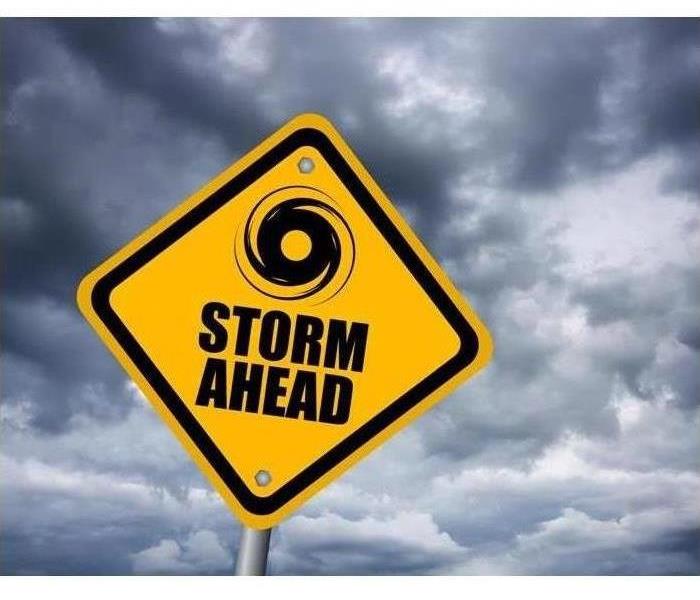How do you rate your hurricane preparedness?
3/30/2022 (Permalink)
Hurricanes are massive storm systems that form over the water and move toward land. Threats from hurricanes include high winds, heavy rainfall, storm surge, coastal and inland flooding, rip currents, and tornadoes. These large storms are called typhoons in the North Pacific Ocean and cyclones in other parts of the world.
Basic Preparedness Tips
Know where to go. If you are ordered to evacuate, know the local hurricane evacuation route(s) to take and have a plan for where you can stay. Contact your local emergency management agency for more information.
Put together a go-bag: disaster supply kit, including a flashlight, batteries, cash, first aid supplies, medications, and copies of your critical information if you need to evacuate
If you are not in an area that is advised to evacuate and you decide to stay in your home, plan for adequate supplies in case you lose power and water for several days and you are not able to leave due to flooding or blocked roads.
Make a family emergency communication plan.
- Many communities have text or email alerting systems for emergency notifications. To find out what alerts are available in your area, search the Internet with your town, city, or county name and the word “alerts.”
After a Hurricane
Listen to local officials for updates and instructions.
Check-in with family and friends by texting or using social media.
Return home only when authorities indicate it is safe.
Watch out for debris and downed power lines.
Avoid walking or driving through flood waters. Just 6 inches of moving water can knock you down, and one foot of fast-moving water can sweep your vehicle away.
Avoid flood water as it may be electrically charged from underground or downed power lines and may hide dangerous debris or places where the ground is washed away.
Photograph the damage to your property in order to assist in filing an insurance claim.
- Do what you can to prevent further damage to your property, (e.g., putting a tarp on a damaged roof), as insurance may not cover additional damage that occurs after the storm.


 24/7 Emergency Service
24/7 Emergency Service
